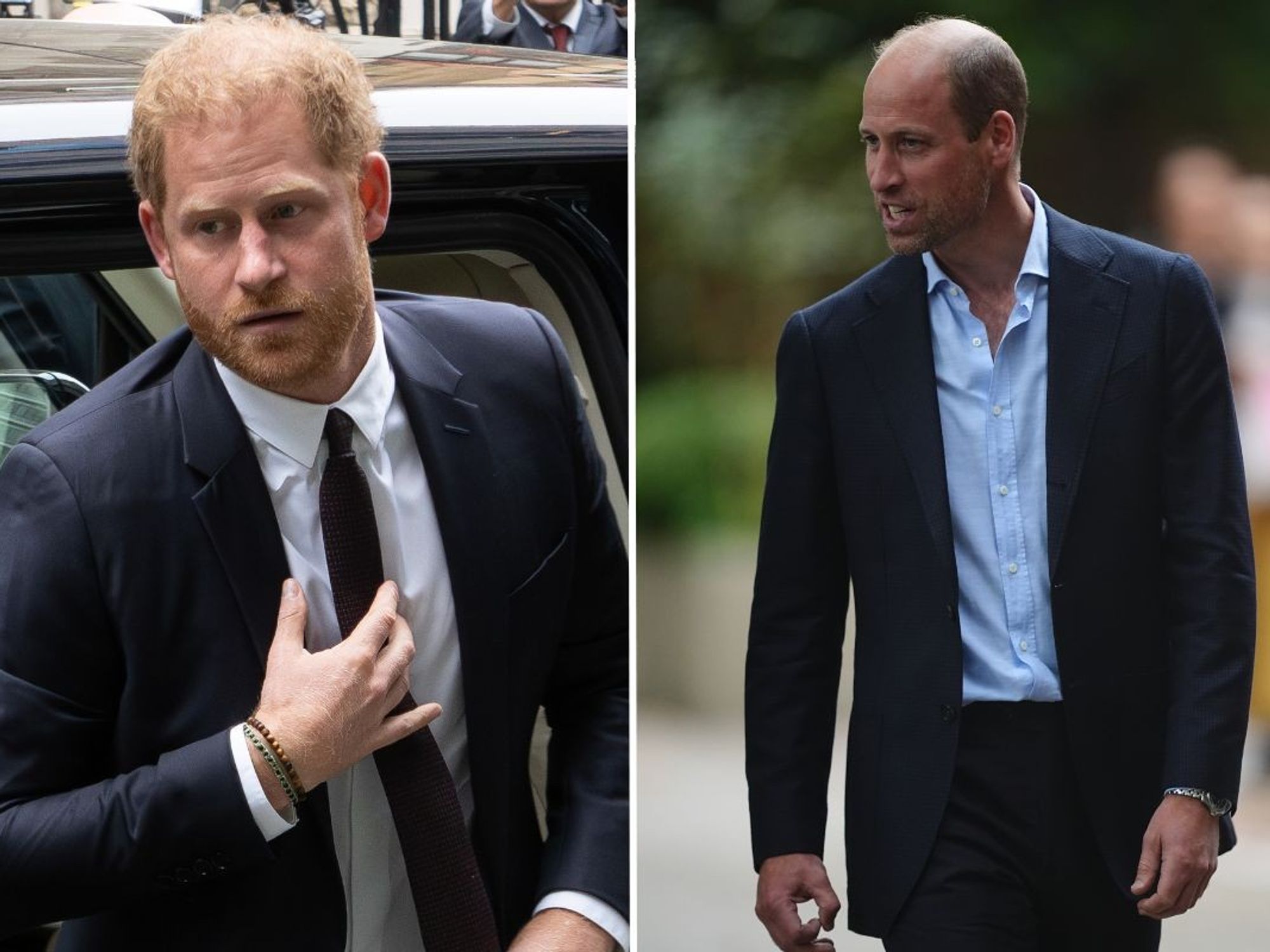The latest UK infection data currently in the public domain dates back to Christmas Eve, when more than 122,000 people tested positive in the previous 24 hours
Don't Miss
Most Read
Trending on GB News
The Prime Minister is not expected to announce further restrictions to control the Omicron variant in England after being briefed on the impact Christmas had on Covid infections and hospital pressures.
In what was described as an internal Government meeting, Boris Johnson was scheduled on Monday to be talked through the latest data by chief medical officer for England Professor Chris Whitty and Sir Patrick Vallance, the chief scientific adviser.
No announcement is expected to come out of the meeting, potentially leaving England at odds with other parts of the UK, where post-Christmas restrictions have been deployed.
Conservative MPs have urged caution in going beyond Plan B in England, with veteran Tory Sir Geoffrey Clifton-Brown calling for a “wait-and-see” approach to the impact of infections on hospital admissions.
The latest UK infection data currently in the public domain dates back to Christmas Eve, when more than 122,000 people tested positive in the previous 24 hours, while hospital data on the Government dashboard has not been updated since December 20.
Sir Geoffrey said he hoped the Prime Minister would be “very cautious before introducing further measures” as he pushed for people to be able to “make their own decisions” when it came to taking precautions against infection.
In a sign the population could be curbing its own behaviour after Christmas, retail bosses said they had experienced a “muted start” to the post-Christmas sales, with a high street expert suggesting London’s West End experienced a drop of almost half of pre-pandemic footfall levels on Boxing Day.
Jace Tyrrell, chief executive of The West End Company, which represents 600 business across Oxford Street, Bond Street, Regent Street and in Mayfair, said the turnout was largely due to the emergence of the Omicron variant.
The comments come as curbs on hospitality and large events were brought in for those in Scotland, Wales and Northern Ireland, with the Scottish Government ordering nightclubs to be shuttered from Monday while hospitality businesses will need to return to offering only table service if serving alcohol.
England is currently under the UK Government’s Plan B rulebook, with guidance to work from home, mask wearing in shops and other public settings, and Covid passes to gain entry to large events.
Cotswolds MP Sir Geoffrey, asked whether he was concerned that England was “out of step” with the rest of the UK in terms of Omicron restrictions, was critical of the decisions taken by the devolved administrations.
The treasurer of the 1922 Committee of backbench Conservatives told Times Radio: “I think the principalities are out of step with England.
“I think they have been overly cautious, I think they are doing more damage to their economies than they need to, I think they are doing more damage to people’s liberties than they need to.
“I just don’t think the evidence, unless the data coming out today looks very different, is there for any further measures.”
Mr Johnson has yet to announce any further rules for England but has indicated he will not hesitate to act after Christmas if required amid rising cases of the Omicron variant.
The Government, according to reports, may choose to issue new voluntary guidance on limiting contacts rather than risk another damaging Tory rebellion by recalling Parliament to impose new rules beyond the existing Plan B measures.
Sir Geoffrey said, should the Prime Minister choose to upscale the measures required to tackle Omicron, it would “not be a cop-out at all” to introduce them as guidance, adding: “I think that would be a very sensible way to go forward.”
The Times reported that, even if more measures are imposed, plans are being drawn up so that weddings and funerals – deemed “significant life events” – would be exempt from any new rules and disruption.
NHS Providers chief executive Chris Hopson said it was not yet known how Christmas mixing among younger and older people, many of whom have had a booster vaccination, would impact on hospital demand.
He told Times Radio: “I think we’re all looking at the data really, really carefully.
“The bit that we just simply don’t know yet is that most of the Covid-19 admissions tend to be in people who are younger … So what we’re really waiting to see is exactly what is going to happen over the next few days, stroke week, particularly because we know there was a lot of intergenerational mixing at Christmas.”
Mr Hopson said the numbers of people in hospital with coronavirus was “definitely starting to increase” and that the country needed to be “ready to bring in tighter protections in terms of restrictions on social contact” if admissions continued to rise.
Adam Finn, professor of paediatrics at the University of Bristol, said the number of staff absences due to Covid infections was likely to play a part in the Government’s thinking on whether to go further than Plan B.
“Clearly there are still large numbers of new cases being detected,” he told PA.
“I assume that hospital bed occupancy and staff absences due to isolation rules will be the critical factors on the public health side of any decision.”
Stephen Barclay, the Chancellor of the Duchy of Lancaster, was due to chair a meeting on Monday, according to The Times, on how to mitigate the impact of absences in the healthcare sector.









